Well here we are folks, new year, new blog. Story of my life. What can I say? I am a walking identity crisis.
The reasons for the change are manyfold, and I won’t bore-slash-horrify you with a peek into the inner workings of my brain. Maybe I’m just past the stage of my life in which I thinly veil penis metaphors as mildly clever bird puns. Probably not.
Anyway, in my now-long-standing tradition of choosing blog names I’ll later regret, I give you “Seagull Is Not a Dirty Word”. In its way, I think this title should tell you everything you need to know about me and the sort of content you’ll find here.
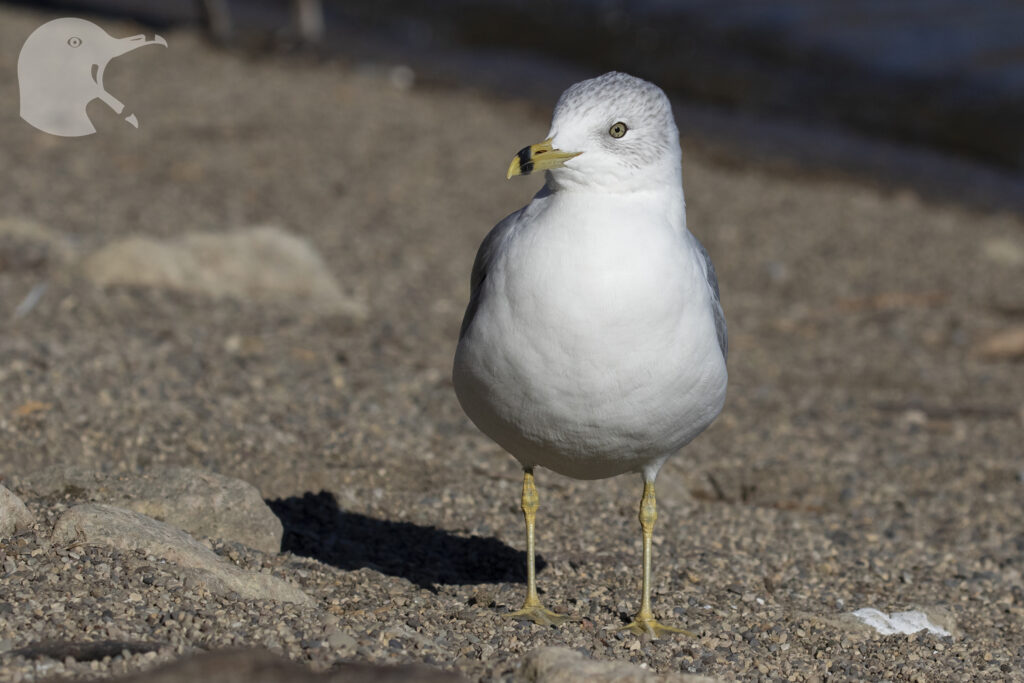
I spend a lot of time thinking about how to communicate about nature in ways that get people excited, invested, and connected. It’s been the focus of my life and career for going on 20 years now. I’ve studied it, practiced it, and even taught it. What I can unequivocally tell you from that near-two-decades of experience is that “seagull” is a problem. Or rather, it isn’t.
Here’s what I mean. If you say the word “seagull” to an avid bird enthusiast, it’s roughly akin to saying “gas station hot dog” to a Michelin-starred chef. Some strong opinions are going to come at you really fast, and you might soon wish you’d held your tongue and just enjoyed your simple, greasy pleasure by yourself somewhere.
The lecture you are about to receive will inevitably begin with the phrase “there’s no such thing as a seagull1.” This will be followed by an explanation that there are many species in the family of birds that we call “gulls”, and that plenty of them don’t even live by the sea. Did you see one in your local McDonald’s parking lot? Well that obviously can’t be a seagull because it’s hundreds of miles from the nearest body of saltwater.
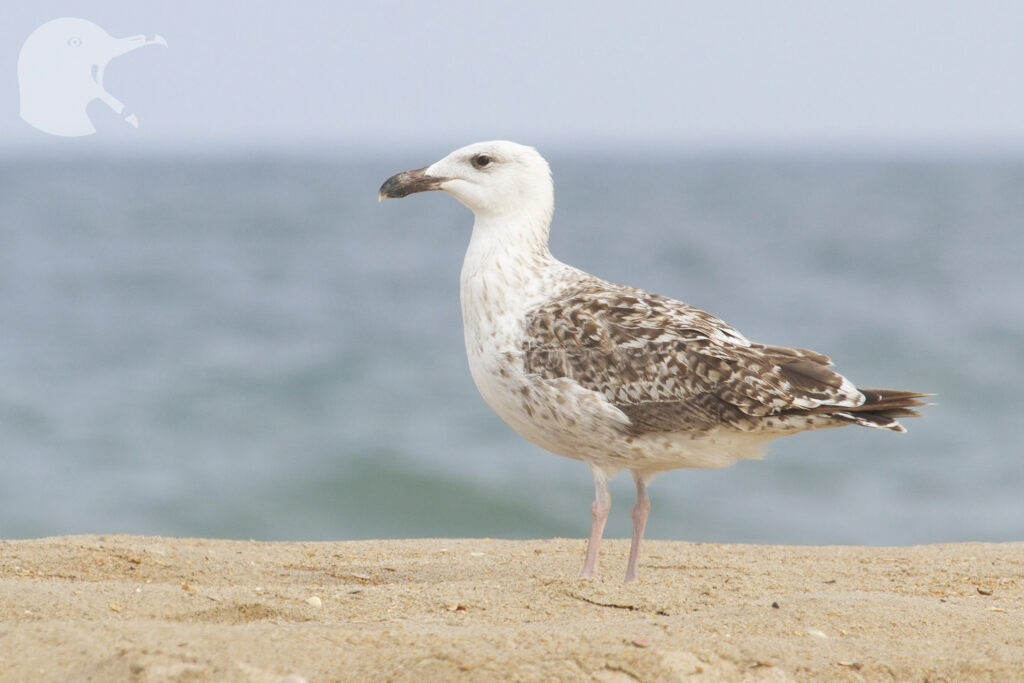
I’ve heard this lecture dozens of times, and each time I’ve felt badly for the poor recipient who did not know the can they were opening. But why do birdwatchers feel universally compelled to deliver this scripted routine2? I think there are two possible answers.
The first possibility is that the birder who is lecturing you wants to feel somehow superior or important, and impress upon you that they know more than you do about this very niche and mostly trivial topic. For some, I genuinely think this is the motivation. In which case, mission accomplished, I guess.
For most, though, I think the goal is more noble than that. I think that, in the majority of cases, the lecturer is actually trying to be helpful. To share information about the birds they love, and to help you love them too. Unfortunately, as any university student will attest, lectures rarely lead to affection for subject matter.
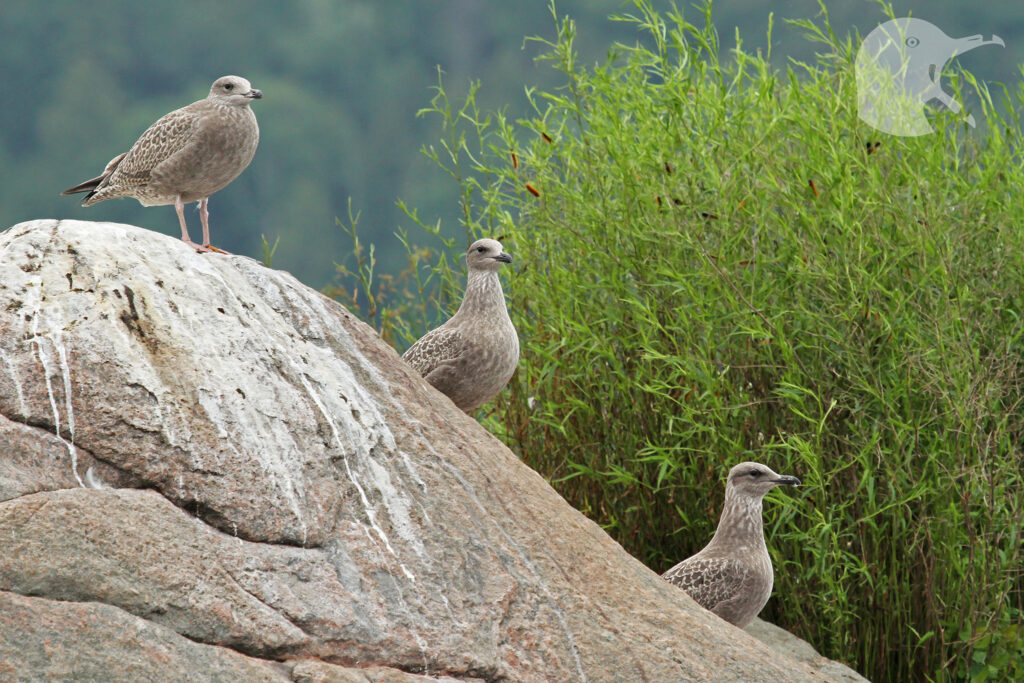
If you were a budding nature-enthusiast, and you approached an expert to tell them about the seagull you’d seen, a stern talking-to about the correct nomenclature of gulls would not exactly encourage you to delve deeper into your new hobby. On the contrary, it may leave you feeling embarrassed or discouraged, and with an unwelcoming impression of the nature-loving community.
Sadly, I think birders miss this perfect opportunity to capitalize on a person’s moment of interest, and draw them further into the world of birds. Instead of having a small freak-out at the mere mention of the word “seagull”, a knowledgeable birder could say something like “Oh nice, did you know there are different kinds of seagulls? That one’s called a Ring-billed Gull because of the black ring around its beak. See that big one over there with the pink legs? That’s a Herring Gull3.”
What a lovely interaction this would be. It has the desired effect of teaching, but without the overtone of harsh correction. It sparks curiosity about the different species of gull, and opens the door for further questions. Perhaps most importantly, it makes the hobby and community appear welcoming and accepting.
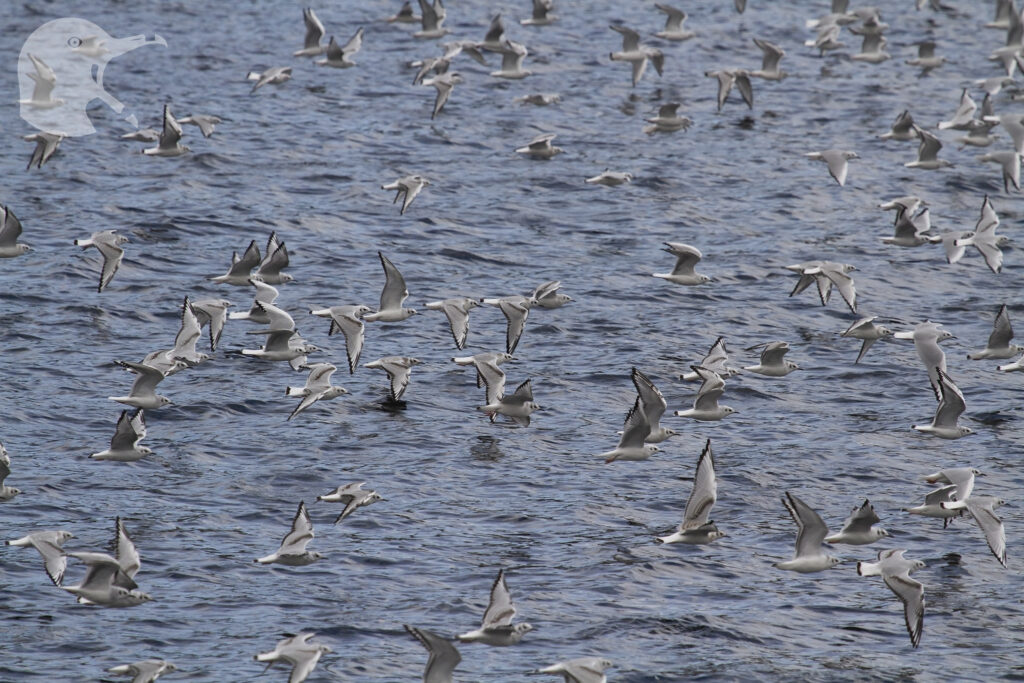
One thing this interaction does not do is discourage the use of the word “seagull”, and that’s ok. Colloquial names for birds are genuinely fine. They don’t have to be 100% accurate (even the proper names rarely are), and they can be a perfectly valid way for non-birders or new birders to connect with their feathered neighbours. Scientific precision, if needed, can come at a later stage of learning.
The word “seagull” is not a problem, but the way people communicate about it is. In fact, many ways that we intuitively communicate about the things we care about are less effective than we might like to think. Some – like the lecture about seagulls – may even be counterproductive.
That brings me around neatly to “Seagull Is Not a Dirty Word”, and what you can expect to find here. In the coming months you’ll see more articles about nature, our connection to it, and the ways we communicate about it. Some may be ridiculous, with my trademark sense of what I like to call “humour4”, and others may lean more in the direction of making some sort of point. Probably I’ll mostly just rant into the void, and if you’re into that then I guess you’ve found the right place.
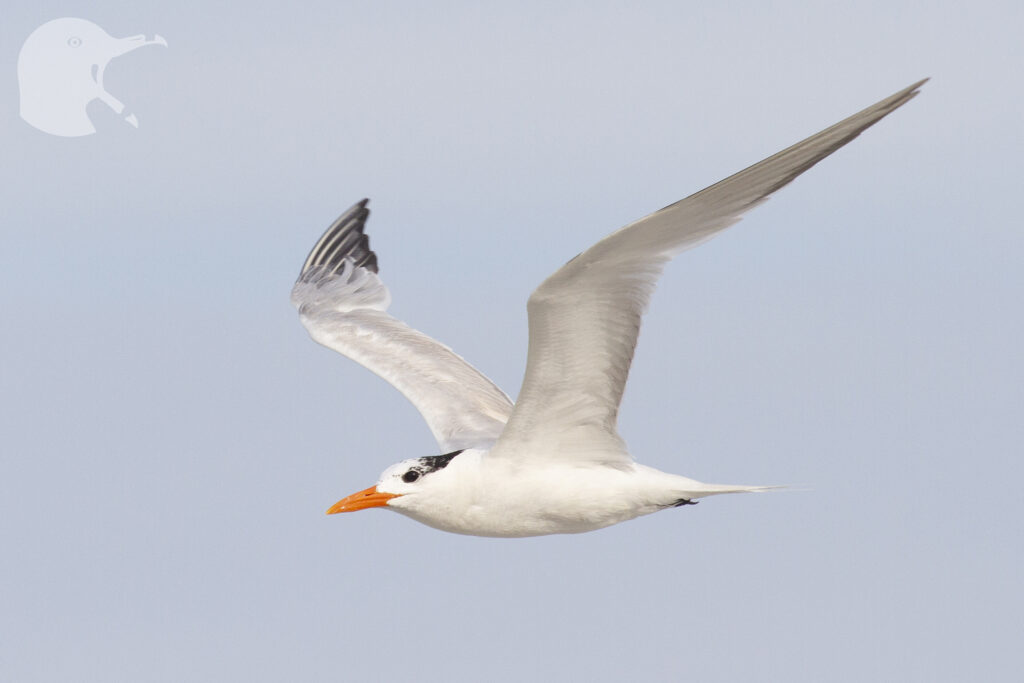
Content’s a little scant around here right now, but I’ll be carrying over some posts from my previous blog in the coming weeks, and hopefully writing some new ones. You can also take a gander at me on Facebook, Twitter, and Instagram. If you think this sort of thing might be for you, you can subscribe to the blog by email.
Thanks for being here. Fingers crossed you won’t regret it.
Footnotes:
1 If you’ve never heard this phrase before, a quick Googling will convince you of its ubiquitousness and ridiculousness.
2 In an excellent article for Audubon, Rebecca Heisman calls this “birdsplaining”.
3 Worth noting that a Herring Gull in, say, Toronto is hundreds of miles from the nearest herring, somewhat invalidating a primary complaint about the word “seagull”.
4 Jury’s out.
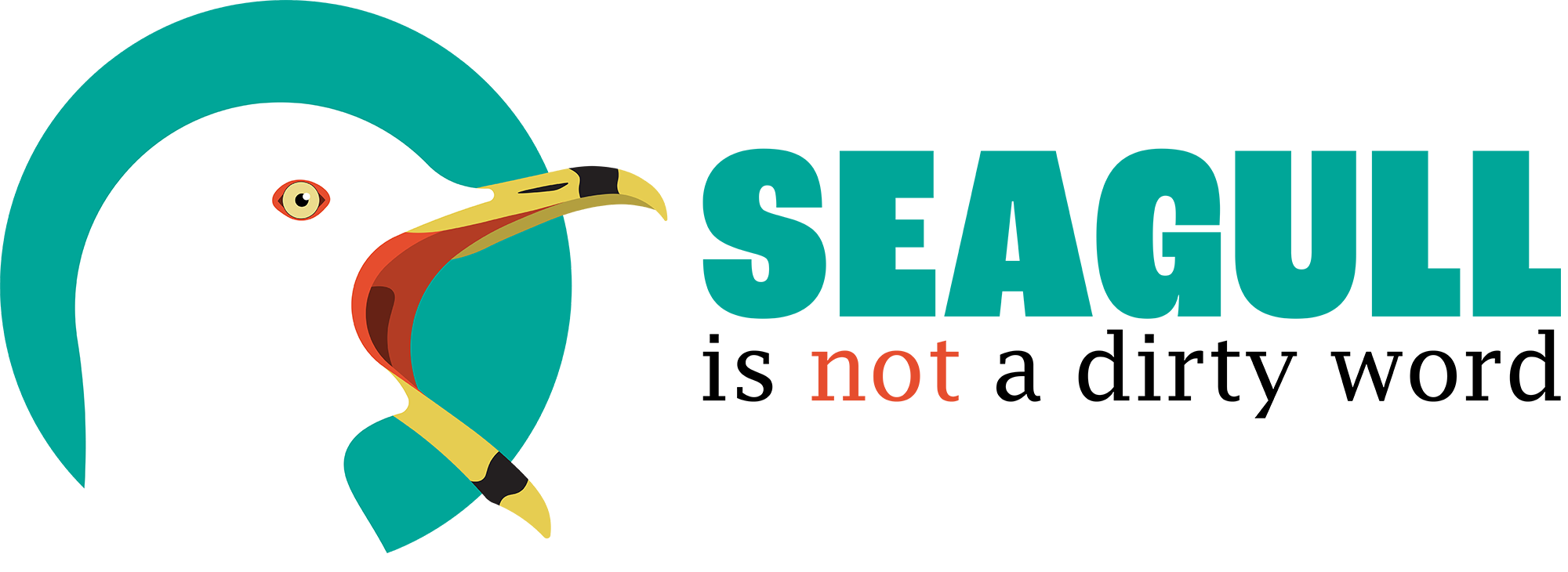
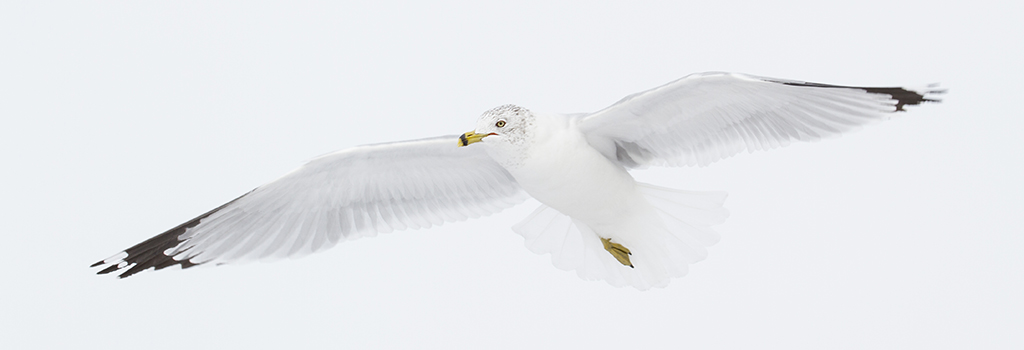
One reply on “Seagull Is Not a Dirty Word”
I like seagulls. I even wrote a book about seagulls. They are my second fave bird, after mute swans.